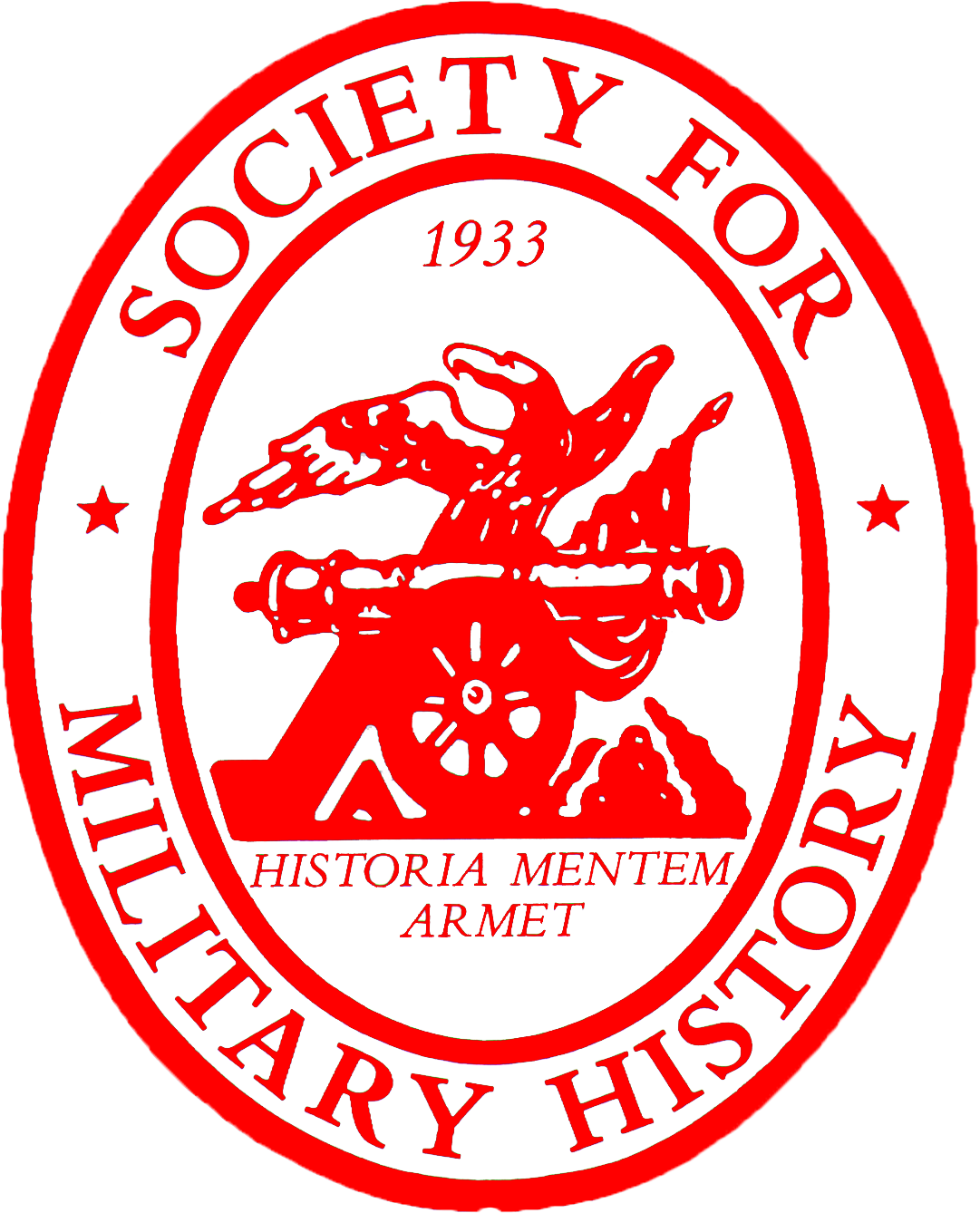
Steven L. Oreck (2019)
It is only natural that larger-than-life personalities leave an outsized void when they depart this earthly realm, and so it is with Steven L. Oreck, who passed away at his home in Madison, Wisconsin, on August 11th. A pillar in the University of Wisconsin and Madison military history communities, Steve only joined the Society for Military History in 2011 but soon afterward became a fixture at the annual meeting. Loquacious in English and French, he was hardly the bashful type, and it seems probable that anyone reading these lines now has enjoyed at least one conversation with Steve at some point.
Steve was not your average graduate student by any measure—even accounting for the many military officers who pursue a degree in the field upon retirement. Born in New York City in 1948, Steve was raised there and in New Orleans before graduating from the Massachusetts Institute of Technology with bachelor’s degrees in history and engineering. He afterward attended the U.S. Navy’s Officer Candidate School and was commissioned as an intelligence officer. After three years of hunting Soviet submarines, Steve returned to MIT for graduate training in chemical engineering, followed by medical school at Louisiana State University. He went on to very successful surgical careers in and out of uniform. In the former capacity as a Navy Reserve surgeon, he deployed to Kuwait during Operation DESERT STORM and served as the regimental surgeon for the 23rd Marines. After 37 years of combined active and reserve service, he retired with the rank of captain.
It was his civilian career, however, that brought him to Madison, where he served as a clinical professor of orthopedics and plastic surgery at the University of Wisconsin until his retirement in 2008. In Madison, Steve found ample opportunity to indulge in his passion for military history, bringing his knowledge of nineteenth-century military medicine to the patrons of the Wisconsin Veterans Museum and even providing simulated care to “wounded” reenactors in the guise of a (Union) Civil War surgeon. Upon retiring from the UW School of Medicine, Steve entered UW’s history graduate program and acquired yet another language (German) with which he could make friends of perfect strangers. Thus prepared, Steve undertook an incredibly ambitious, transnational study of the evolution of military medicine in the United States, the United Kingdom, France, and Germany from 1820 to 1920. His dissertation, “More than Sawbones,” was conceptually near completion when Steve passed.
He might have finished it were he self-centered, but Steve was anything but. True, there was no such thing as a short conversation with Steve—but those who knew him well came to recognize this as the most obvious sign of Steve’s incredible generosity. He gave freely of whatever he had, which included the deep knowledge of a bona fide renaissance man. Verily, there was nothing he would not do for a colleague or a friend—or for that matter for someone he had just met. To his family, Steve displayed a devotion that was at once moving and humbling. Unlike many graduate students, Steve didn’t complete his dissertation because he had his priorities straight. In the end, he touched—and saved—so many lives that his legacy as a scholar is beside the point. As a father, son, husband, care provider, colleague, teacher, student, and friend, Steve gave everything he had, and all who had the privilege of knowing him are so much the richer for it.
John W. Hall
University of Wisconsin–Madison

